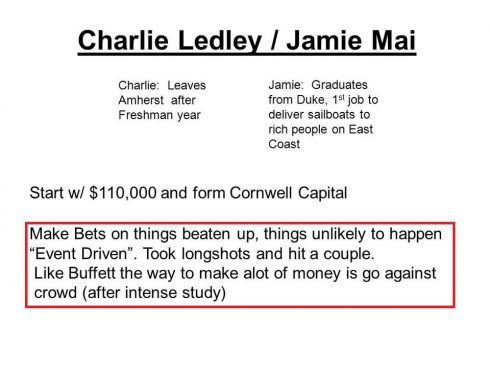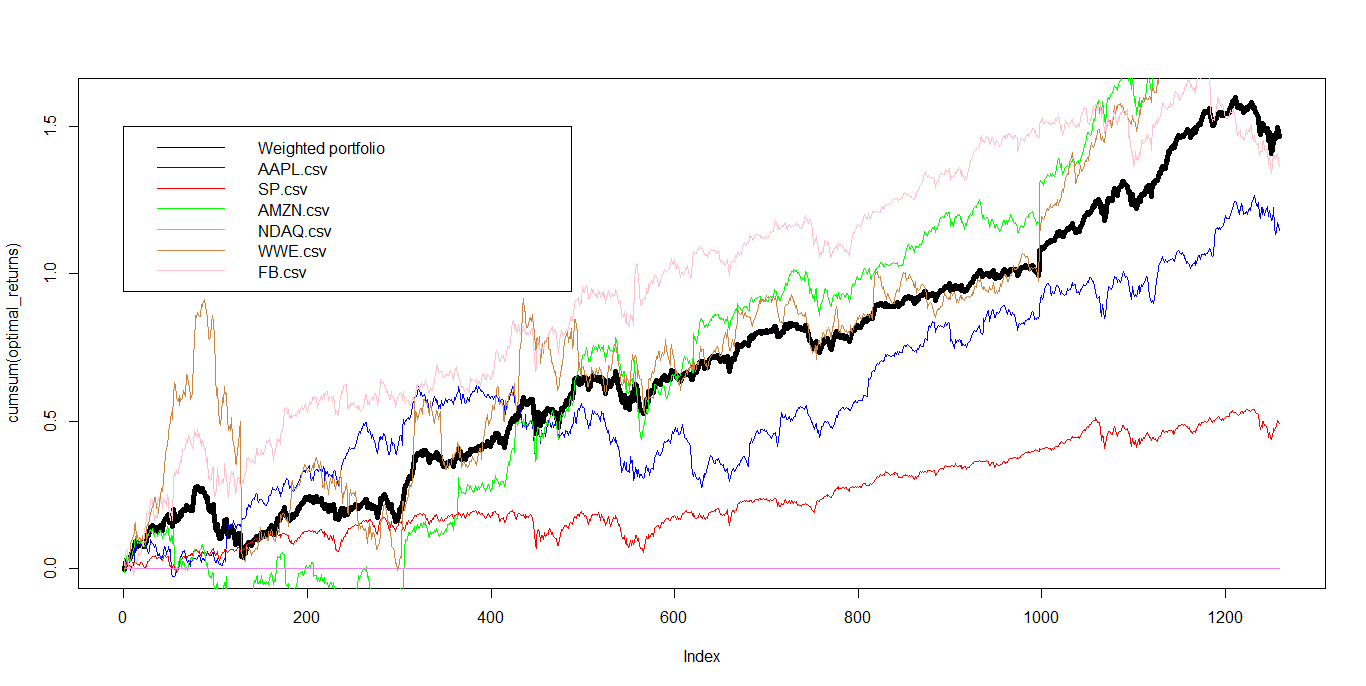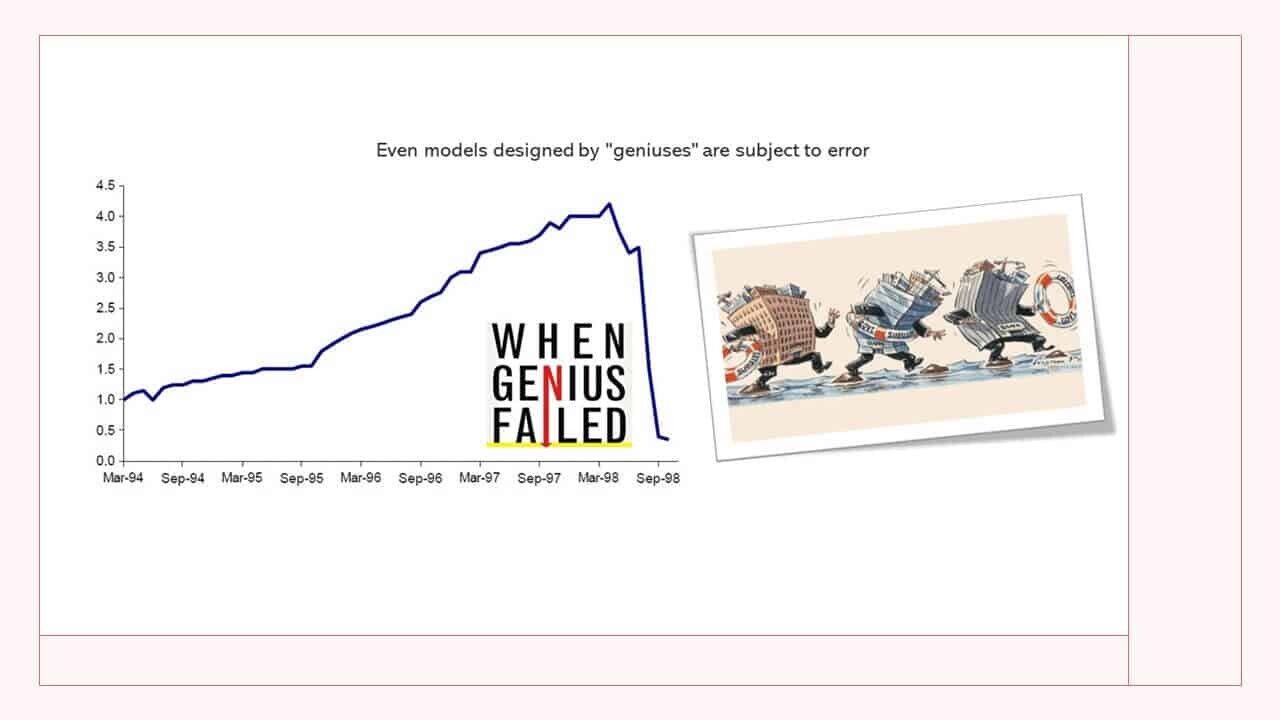Investment Mandates
Custom-Built Portfolios, Performance-Aligned Partnerships, and Cross-Border Fund Structuring
Wealth Hub Capital provides advanced institutional investment solutions through fully customized mandates, performance-based collaborations, and bespoke structuring of funds and securities across both the United States and Europe. We work exclusively with institutional clients including pension funds, insurance companies, endowments, family offices, and sovereign wealth funds to build and manage portfolios that align with long-term objectives, regulatory mandates, and complex risk profiles.
Strategic Mandates for Institutional Clients
One of the greatest challenges institutional investors face is generating consistent long-term returns while maintaining strict adherence to policy constraints, compliance obligations, and an evolving regulatory framework.
At Wealth Hub Capital, we go far beyond traditional asset management. Our process is rooted in research-driven thinking, adaptive portfolio design, and disciplined execution. We build mandates around forward-looking insights not past performance with clear governance, transparent reporting, and risk management embedded by design.
Solving the Incentive Misalignment
A common source of underperformance in institutional investing lies in the disconnect between long-term asset owner goals and short-term asset manager incentives. While institutions plan over decades, managers often operate on quarterly benchmarks and face pressure to produce near-term results a mismatch that can erode value.
This is more than theory:
A study by State Street’s Center for Applied Research found that
77% of asset owners and 57% of asset managers worry that short-term incentives are misaligned with long-term objectives.
Wealth Hub Capital addresses this through mandates that are built with aligned incentives including performance-based fees, co-developed benchmarks, and partnership structures that prioritize long-term success over short-term optics.
What We Offer: End-to-End Institutional Solutions
✅ Custom Investment Mandates
We manage portfolios under discretionary mandates that are specifically designed to reflect each client’s investment policy, risk preferences, regulatory obligations, and strategic goals.
Mandates may include:
- Long-only or long/short equity strategies (e.g. value, mid-cap, momentum)
- Multi-asset and absolute return portfolios
- Direct investments and private market allocations
- Liquidity-managed models with custom drawdown constraints
- Bespoke performance benchmarks and custom reporting timelines
Clients are supported by a dedicated team of portfolio managers and relationship directors, offering personalized strategy reviews and real-time visibility into mandate performance.
✅ Strategy Development & Performance Partnerships
We act as more than a manager we become a strategic partner. Our team collaborates with institutional investors to co-create proprietary investment strategies and launch high-alignment partnerships.
We offer:
- Proprietary model development and backtesting
- Integration of quant research into discretionary portfolios
- White-label or co-branded fund strategy launches
- Performance-based compensation structures that share in upside only
✅ Fund Structuring & Security Issuance
In partnership with international legal and structuring teams, we help clients create custom investment vehicles and securities that fit precise mandates, from simple wrappers to complex cross-border structures.
Services include:
- Custom bond issuance for liability-matching portfolios
- Structuring of UCITS, AIFs, and private placement funds
- Structured notes and bespoke credit or hybrid instruments
- Multi-jurisdictional setups tailored for tax and compliance optimization
Every vehicle we launch is fully auditable, regulator-ready, and tailored to the client’s internal governance processes.
✅ Mutual Fund Access for Institutional Allocators
We provide access to institutional share classes in select mutual funds mirroring strategies developed in-house. These funds are available across major jurisdictions and serve as flexible building blocks for smaller mandates or liquidity-constrained portfolios.
Where needed, we can clone institutional mandates within custom fund wrappers to meet specific investment guidelines or regulatory filters.
Our Process: How Institutional Mandates Work
🧾 Legal and Operational Framework
All discretionary mandates are governed by a formal agreement between the investor and Wealth Hub Capital, typically after a structured RFP process.
Key contract elements include:
- Investor eligibility classification
- Investment universe and strategy objectives
- Benchmark definitions and performance targets
- Management and performance fee structure
- Use of derivatives (if applicable)
- Reporting intervals and content (monthly/quarterly)
Mandated assets remain on the client’s balance sheet and are not pooled or transferred, maintaining legal and tax integrity.
📄 RFP Participation and Custom Proposals
We welcome formal requests for proposal (RFPs) and provide complete transparency through each step of the evaluation process.
Our RFP support includes:
- Custom proposals tailored to technical specifications
- Full responses to quantitative and qualitative questionnaires
- ESG, risk, and performance documentation
- Due diligence coordination with our European or U.S. team
- Live access to portfolio and operations personnel during onboarding
📊 Regulatory Reporting & Compliance
We deliver client-specific regulatory packages that are fully aligned with global standards such as MiFID II, Solvency II, and ERISA.
Our reporting includes:
- Performance attribution and drawdown diagnostics
- Detailed risk factor exposure and tracking error
- ESG metrics (if applicable)
- Regulatory-compliant documentation
- Transparent fee and incentive structure summaries
All reporting can be integrated with internal systems or shared via secure digital access.
Why Partner with Wealth Hub Capital?
- ✅ Custom strategy design tailored to your institutional objectives
- ✅ Performance-based partnership models with aligned incentives
- ✅ Deep experience across fund structuring, portfolio engineering, and cross-border compliance
- ✅ Direct access to portfolio managers and senior research staff
- ✅ Regulatory fluency across U.S. and European frameworks
- ✅ Transparent, data-rich reporting and review process
Let’s Discuss Your Mandate
If you’re preparing an RFP, reevaluating your current mandate providers, or exploring options for a custom fund structure, Wealth Hub Capital is ready to support your journey.
Reach out to our institutional team to explore how we can deliver long-term alignment, quantitative insight, and a smarter path to performance.





